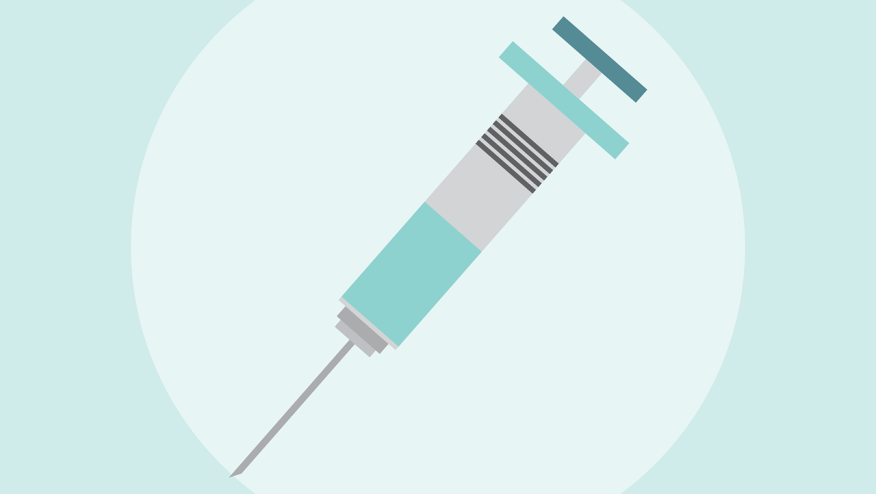Belimumab’s Sustained Impact in Lupus Save

Systematic lupus erythematosus (SLE), a chronic autoimmune multi-system inflammatory condition, can present with various, sometimes severe, clinical manifestations, leading to high levels of morbidity including impact on quality of life.
It was with great anticipation, therefore, when, thirteen years ago, for the first time in over 50 years, the US Food and Drug Administration and the European Medicines Agency approved a drug specifically for the treatment of SLE: belimumab (Benlysta) (1). Almost ten years later, the drug was approved as the first medicine for active lupus nephritis following the positive results of the BLISS-LN trial (2).
Belimumab is a human monoclonal antibody, neutralising the B-cell survival factor. B-lymphocyte stimulator (BLyS). Randomised clinical studies as well as real-world data continue to demonstrate its efficacy in treating active disease, reducing corticosteroid burden and reducing the risk of flares of SLE (3, 4).
In the wake of the EULAR 2023 guidelines on the management of SLE, it is perhaps pertinent that the EULAR 2024 congress features three abstracts from a large integrated analysis from five international Phase 3 belimumab trials in adults with active SLE (BLISS-76, BLISS-52, North East Asia, EMBRACE and BLISS-SC) (5). Participants were randomised to belimumab (10 mg/kg/month intravenously or 200 mg/week subcutaneously) or placebo, plus standard therapy.
The first study assesses the effect of belimumab versus placebo on the SLE Responder Index (SRI)-4, across patients with active SLE (POS0544). A total of 3086 patients were included, 1869 treated with belimumab and 1217 with placebo. Significantly more patients achieved SRI-4 response at Week 52 when taking belimumab, compared to placebo. This association was not affected by baseline SLE disease duration, SLE damage index score or baseline immunosuppression use.
Following this, the second study assesses the degree of response among SRI responders, comparing those treated with belimumab to those receiving placebo with standard therapy (AB1079). 1512 SRI responders were included. Compared to placebo, more belimumab SRI responders had a ≥5-, ≥6-, ≥7- and ≥8-point reduction in SELENA-SLEDAI score from baseline to Week 52. Patients treated with belimumab also had greater mean cumulative reduction in dose of corticosteroid.
The final study from this integrated analysis, featured at EULAR 2024, assesses flares in patients with SLE, as per the Safety of Estrogens in Lupus Erythematosus National Assessment–SLE Disease Activity Index (SELENA-SLEDAI) flare index (SFI) flare and British Isles Lupus Assessment Group (BILAG) flare (1A/2B) measures (POS0530). This included the full 3086 patients from the cohort. Significantly fewer patients, over 52 weeks, experienced not only a severe SFI flare, but any SFI flare, as well as a BILAG flare. This was true across patients with early as well as established disease. Furthermore, greater reduction in flares was seen in those with no baseline organ damage or no immunosuppression use at baseline.
Taken together, these three studies serve as a timely reminder of the importance of belimumab in the rheumatologist’s armamentarium. This large post-hoc analysis once again confirms the effect of belimumab in achieving SRI response, reducing flare reduction and severity across all stages of SLE, and reducing corticosteroid burden.
We are certainly not out of the woods when it comes to effective treatment of SLE. New strategies, including the dawn of CAR-T cell treatment, may yet move us forward in the search for better control of this debilitating condition. However, in the meantime, belimumab continues to prove itself as a helpful, and sometimes necessary, option in those with the most severe and refractory cases of SLE.
1. European Medicines Agency [Available from: https://www.ema.europa.eu/en/medicines/human/EPAR/benlysta.
2. Furie R, Rovin BH, Houssiau F, Malvar A, Teng YKO, Contreras G, et al. Two-Year, Randomized, Controlled Trial of Belimumab in Lupus Nephritis. New England Journal of Medicine. 2020;383(12):1117-28.
3. Van Vollenhoven RF, Petri M, Wallace DJ, Roth DA, Molta CT, Hammer AE, et al. Cumulative Corticosteroid Dose Over Fifty‐Two Weeks in Patients With Systemic Lupus Erythematosus: Pooled Analyses From the Phase III Belimumab Trials. Arthritis & Rheumatology. 2016;68(9):2184-92.
4. Fanouriakis A, Adamichou C, Koutsoviti S, Panopoulos S, Staveri C, Klagou A, et al. Low disease activity—irrespective of serologic status at baseline—associated with reduction of corticosteroid dose and number of flares in patients with systemic lupus erythematosus treated with belimumab: A real-life observational study. Seminars in Arthritis and Rheumatism. 2018;48(3):467-74.
5. Fanouriakis A, Kostopoulou M, Andersen J, Aringer M, Arnaud L, Bae S-C, et al. EULAR recommendations for the management of systemic lupus erythematosus: 2023 update. Annals of the Rheumatic Diseases. 2024;83(1):15-29.










If you are a health practitioner, you may Login/Register to comment.
Due to the nature of these comment forums, only health practitioners are allowed to comment at this time.